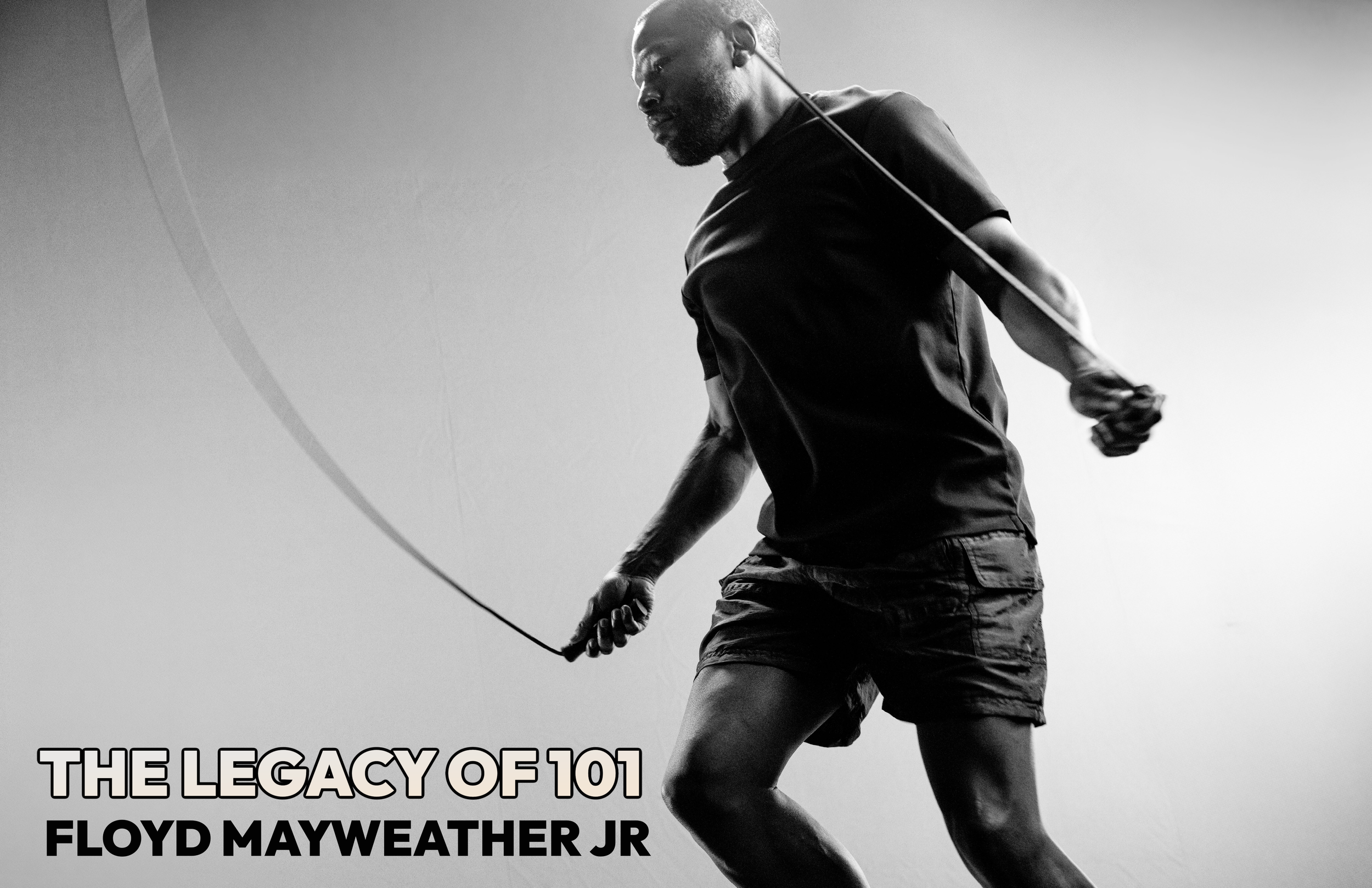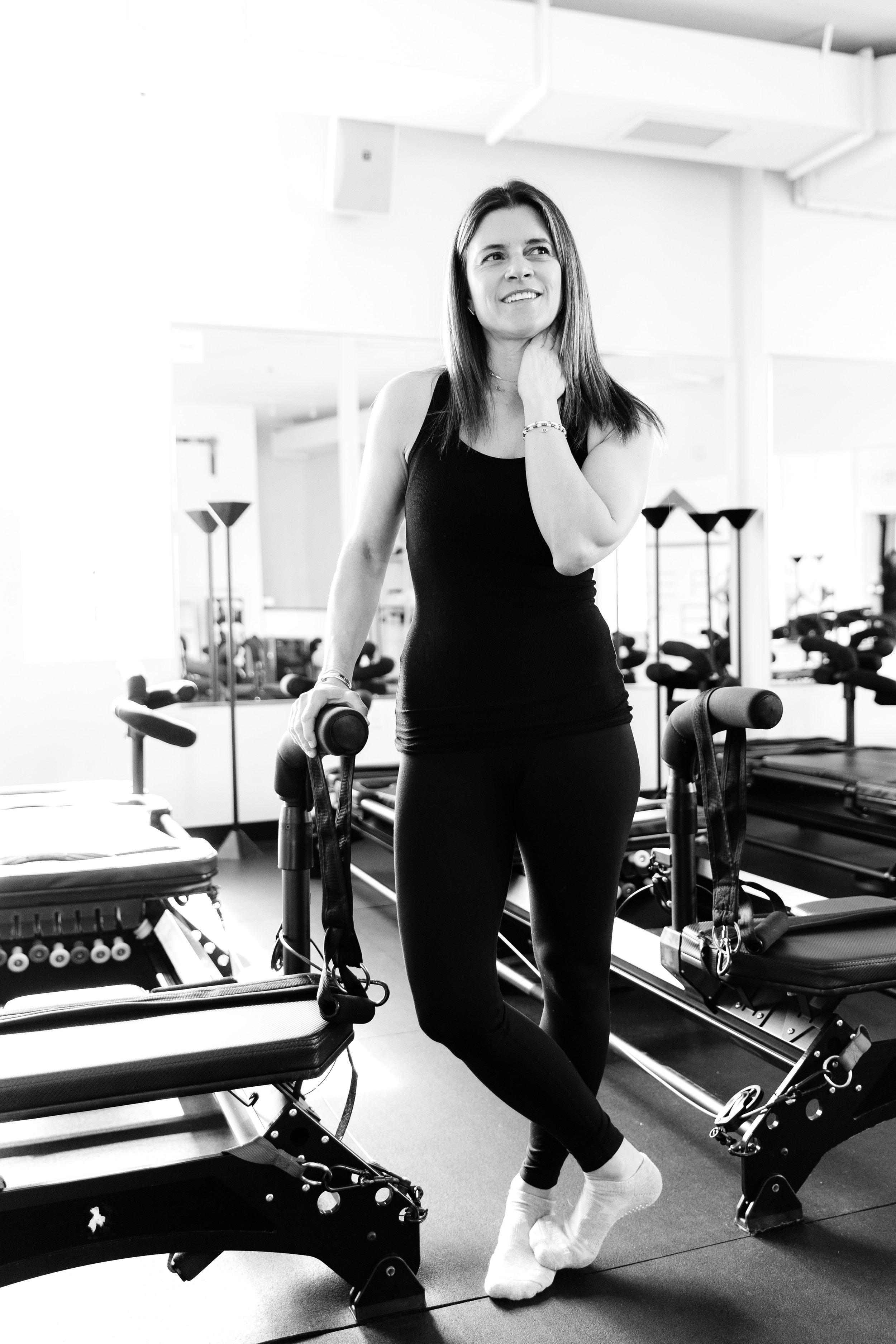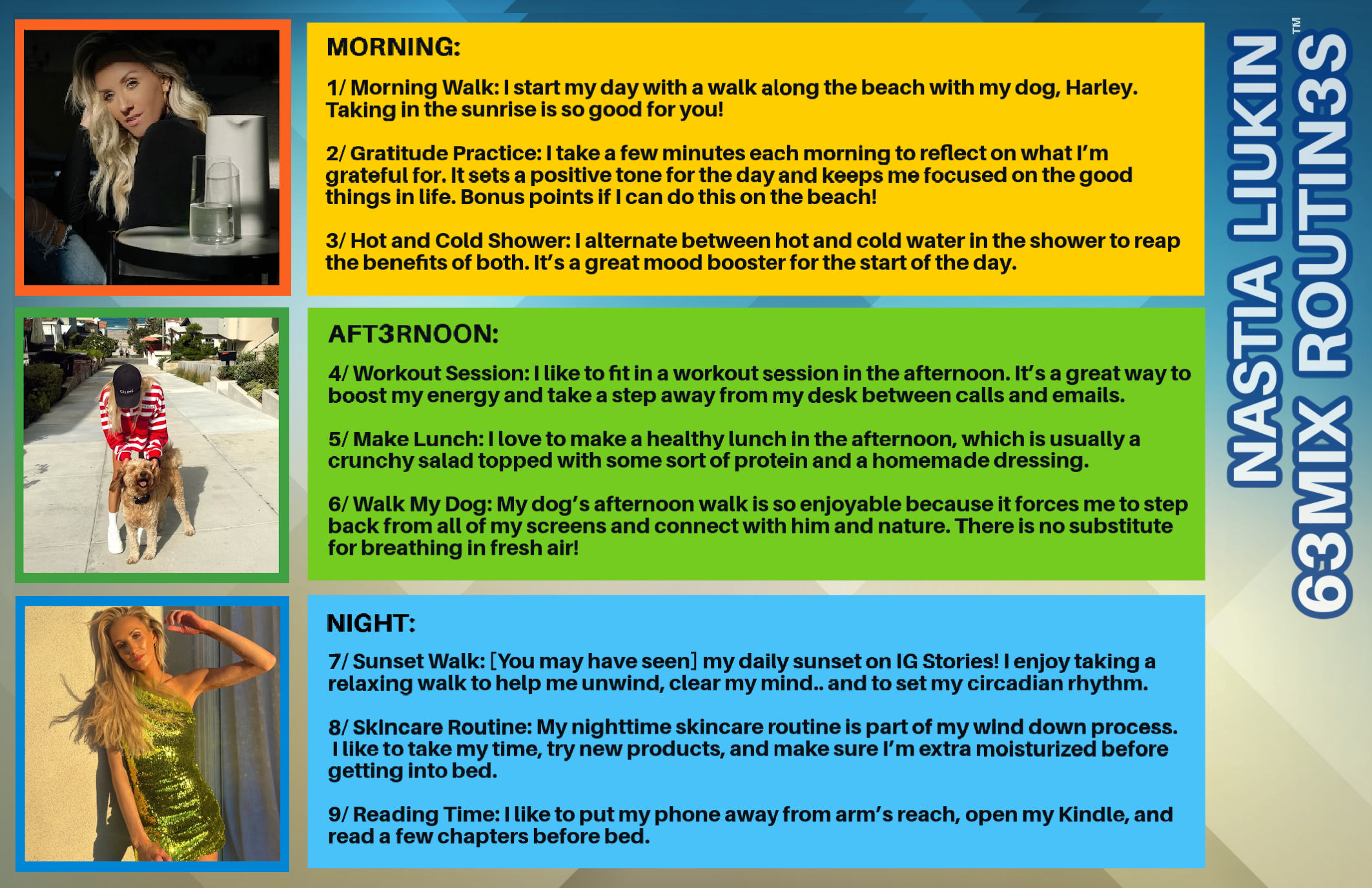The days are shorter, but it means that it's the perfect way to reset our sleep cycles to ensure that we are working in the most optimized day as we get closer to the holidays and then countdown to the Spring. We sat down with Dr. Breus to find out how we can get the best sleep possible.
ATHLEISURE MAG: Please tell us your background and how you came into your line of work?
DR. MICHAEL BREUS: I have a PhD in Clinical Psychology and I am board certified in Clinical Sleep Disorders by the American Board of Sleep Medicine. This means I took the medical speciality board without going to medical school and passed, only 168 of us have ever done it. During my residency, my first rotation was an elective to be in the sleep laboratory. By the 3rd day I fell in love with Clinical Sleep Medicine, I’ve been there ever since. I have an awesome job, where I change peoples lives-FAST!
AM: When you are working and assessing how someone can optimize their sleep, what are things that you always suggest regardless of the information found on the surveys that are filled out?
DR. MB: Consistent bedtimes, but more importantly consistent wake up times.
• Reduce/eliminate caffeine after 2 p.m.
• Stop alcohol 3 hours before bed
• Make sure you have the right sleep “equipment” – this includes sheet, pillows and mattress. My preference is the new Boll & Branch mattress.
• Exercise daily
• Get 15 min of sunlight each morning.
AM: How long does it take to establish a sleep routine that is beneficial to the body?
DR. MB: I've seen it work in as little as a week, or as long as 30 days, but it really depends upon the sleep disorder being treated. With sleep apnea, I can help someone in 24 hours, with insomnia, it could be 10 days or 10 weeks. If it is not a sleep disorder, but rather sleeping for peak performance, then I would say 30 days is where we really start to see if it works well.
Here is a post on my website that has more information on effective bedtime routines.
AM: We all have times when we can't have proper sleep, in those situations due to a hectic upcoming schedule etc., how do you prepare your body for the lack of sleep and then to get it back on track?
DR. MB: I wish you could! It is hard to “bank” sleep for later. That said, reducing the amount of sleep deprivation you have is critical, especially if you know you will be out late. etc. Try a Disco Nap - a 90 minute nap before you go out – to have lots of energy. Find out more about napping here.
AM: Is there such a thing about being able to "catch up" on sleep?
DR. MB: Researchers in Sweden published a very interesting study in The Journal of Sleep Research looking at how sleeping in, on the weekends effects your health. Just to give a little background, we have seen in the sleep research literature for quite some time that there is what we call a U-Shaped curve for sleep duration and mortality. What this means is that too little sleep (less than 5 hours) or too much sleep (more than 10 hours) leads to an increased risk of mortality. Almost all of these studies looked at weekday sleep (not all, but many). The Swedish group followed a cohort of almost 44,000 people for 13 years, and here are a few things that they found:
For people who were less than 65 years old who slept less than 5 hours during the weekends they had a 52% higher mortality rate than the comparison group who was the same age (<65) and sleeping 7 hours.
NO ASSOCIATION was found for long (greater than 9 hours) weekend sleep when compared to the comparison group (7 hour sleeper), for this aged group.
The researchers stated “the mortality rate among participants with short sleep during weekdays, but long sleep during weekends, did not differ from the rate of the reference group. Among individuals ≥65 years old, no association between weekend sleep or weekday/weekend sleep durations and mortality was observed.”
Here is where I think every new outlet has missed the boat … The comparison group. They slept 7 hours, weekday and weekend, and were completely FINE!!
This only further proves my point that consistent total sleep time (and clock time, remember you want your circadian rhythms to be working well) is the best for your overall health. I was also interested in what happened to sleep in people over age 65, but unfortunately there was no data on that.
The results are clear: If you stay in bed on the weekends for two hours longer than usual, you’re far more likely to be grouchy, fat and sick. If you stay in bed for less than an hour on the weekends, though, you’re statistically safe from suffering the ill effects. With that in mind, there are chronotype’s recommended for workday wake times, from my book "The Power of When", plus an extra forty-five minutes.
PHOTO CREDIT | UnSplash
AM: How important is it to have good sleep?
DR. MB: It’s more important than food! Your body can go about 3 days without water, about 25+ days without food, and only about 7 without sleep. It is the third leg on the wellness triad along with prop er nutrition and exercise.
AM: What are ingredients of ensuring a good sleep, and what can we do during the day to support our nightly routine?
DR. MB: I believe that sleep is a performance activity, when you have the right equipment you will perform best. Just like a runner, if they have the right shoes, dry-fit wear, and music they run better. The same holds true for sleep, if you have the right mattress, pillows, and sheets (a sleep system) it all works together. You can check out more items that I suggest here.
AM: What sleep myths are there that we believe to be true and aren't, as well as those that actually are true?
DR. MB: There are a ton! Some of the most notable ones: everyone needs eight hours of sleep, you can get by with less than six hours of sleep, sleep needs diminish with age, you can train yourself to per form your best on too-little sleep, you can fully make up for lost sleep on weekends and turkey and warm milk make you sleepy.
AM: What are the perfect sleep aids that we should have to help us go to sleep?
DR. MB: This is an individual question depending upon what the sleeping issue may be. For some, it could be Melatonin, CBD, Valerian, Hops, etc. For others, it could be a combination of herbs.
Read more from the Nov Issue of Athleisure Mag and see Get a Good Night’s Sleep in mag.












